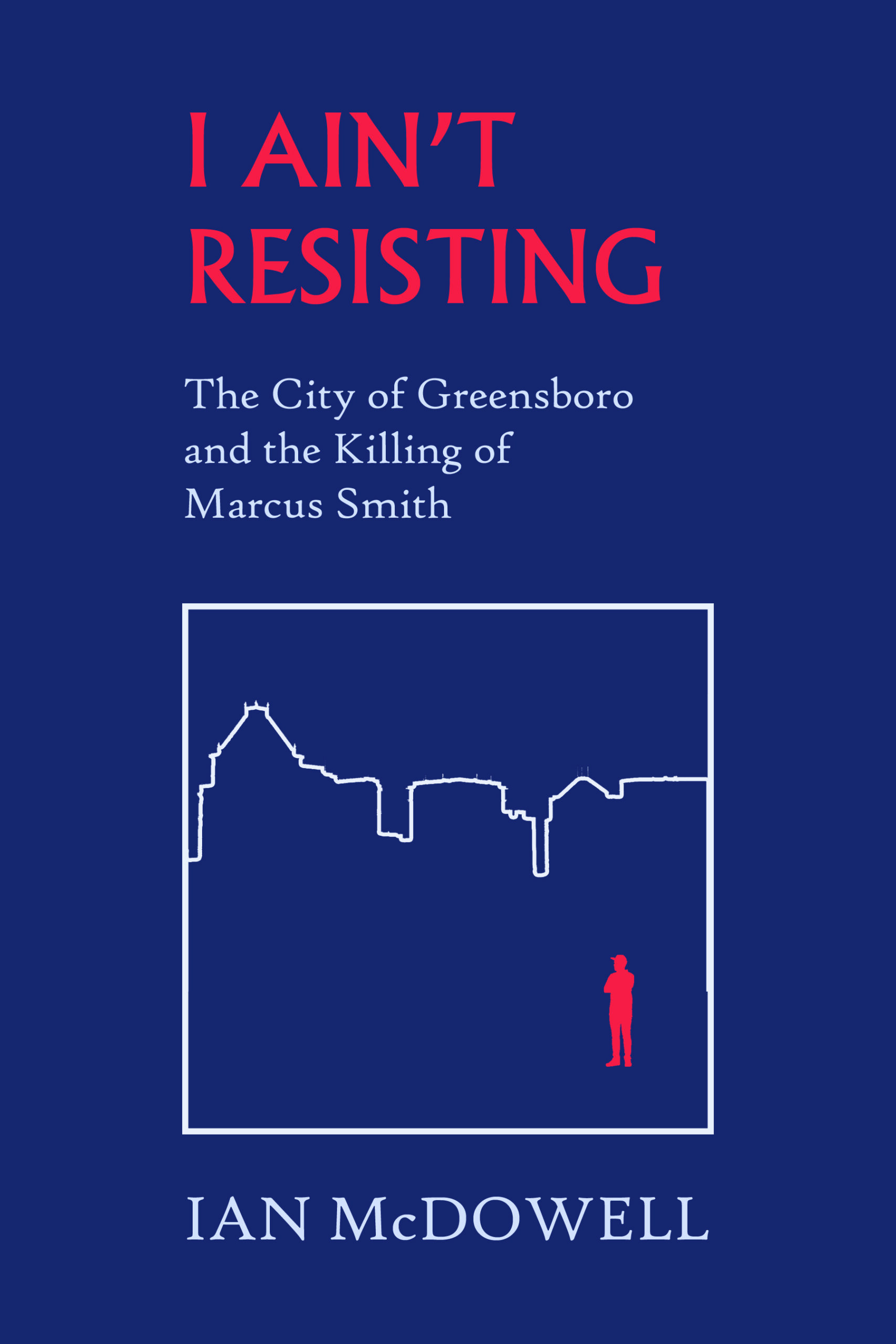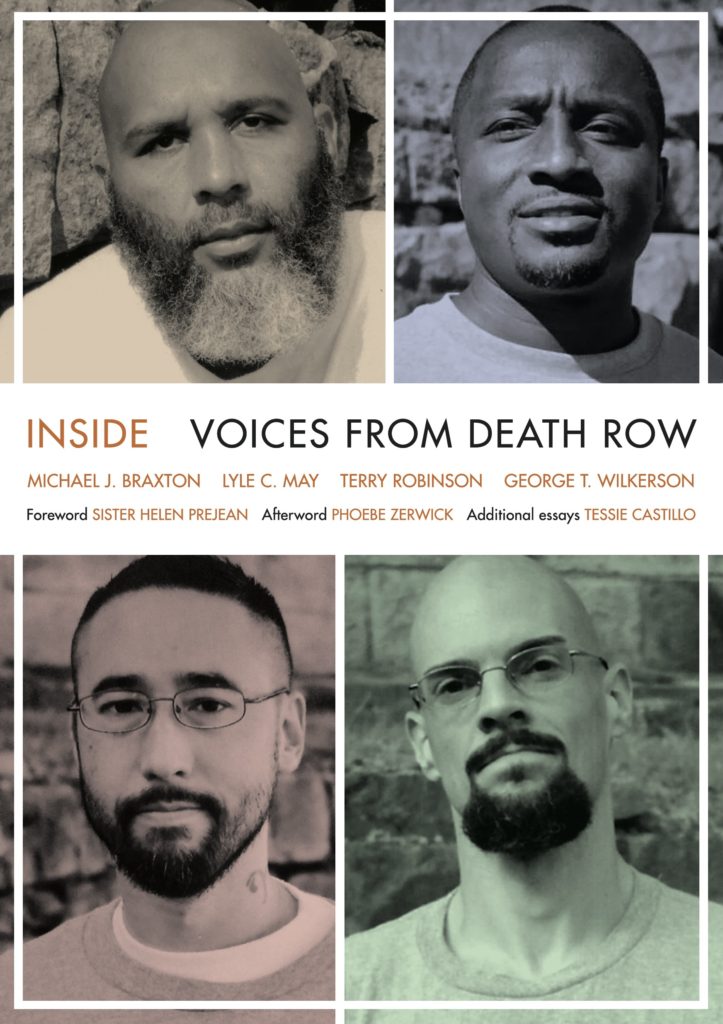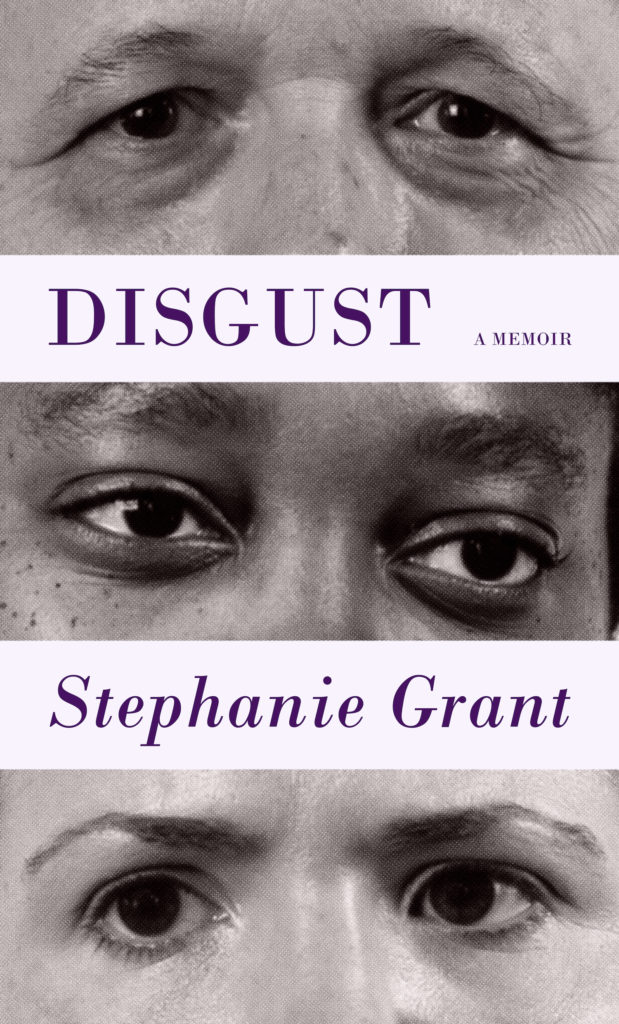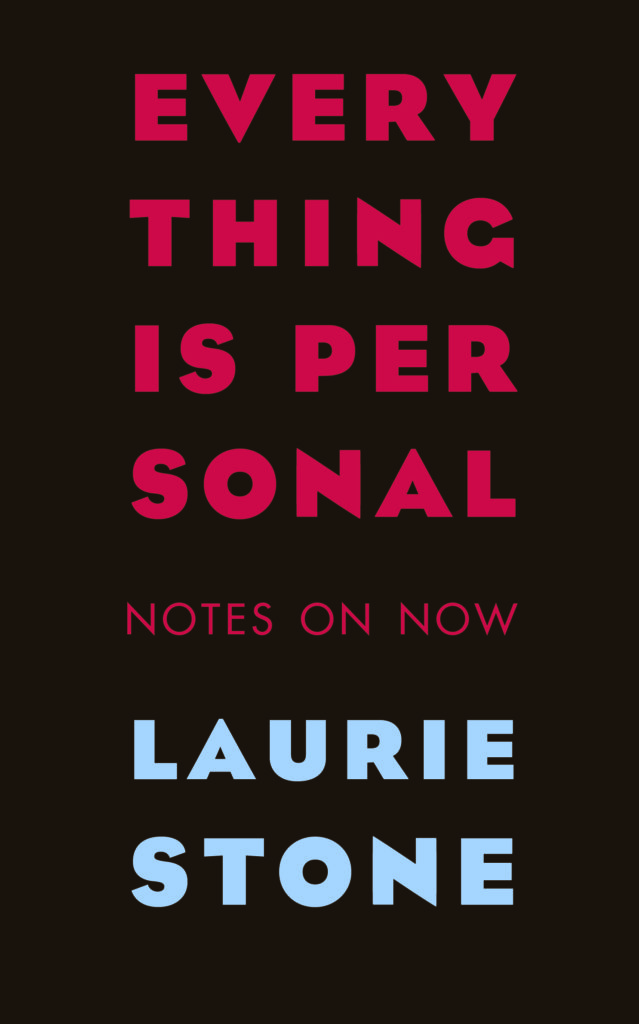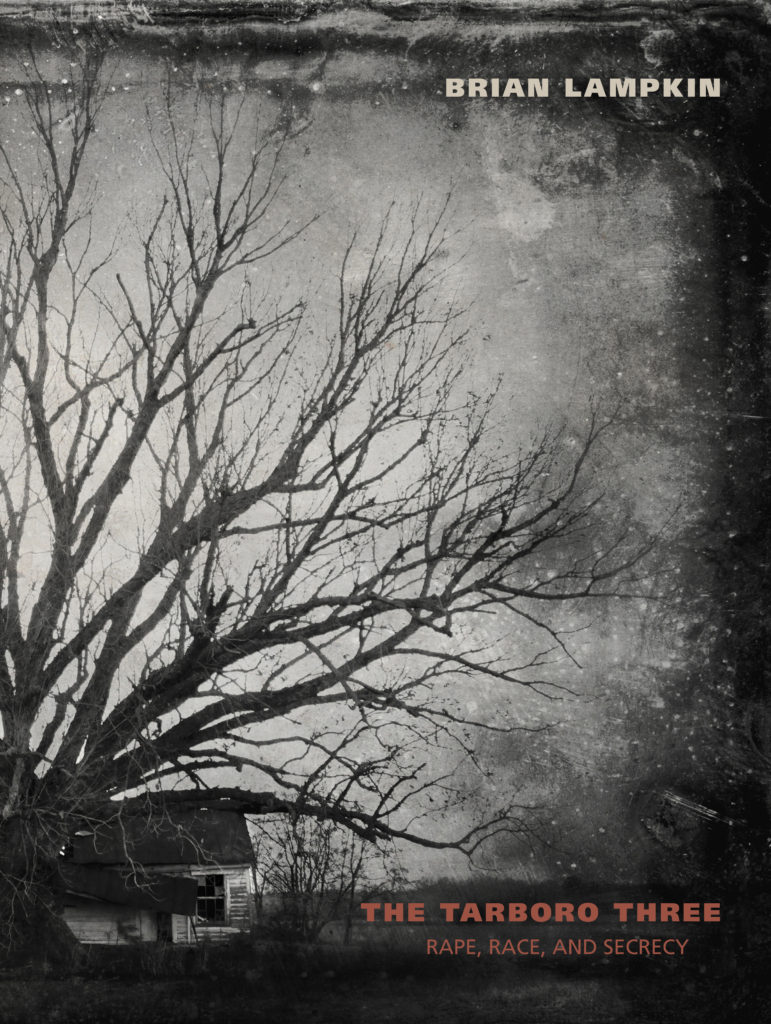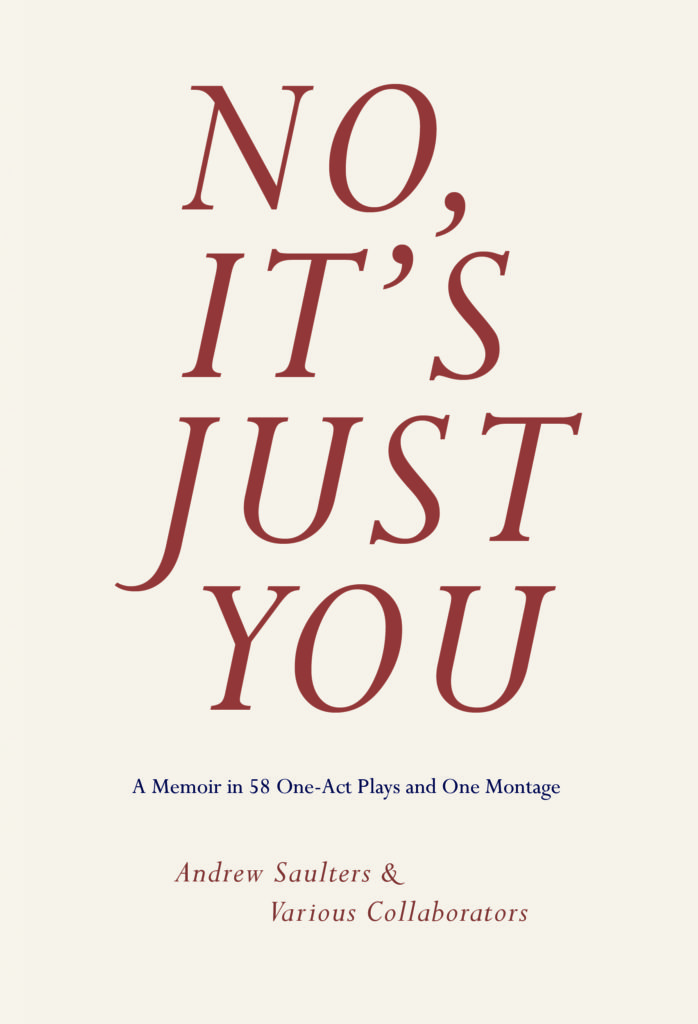Sponsored by PEN America, SIBA, and Scuppernong Editions
PEN America NC Piedmont Hacking the Literary Ecosystem: Building on a Vibrant Literary Community co-facilitated by Deonna Kelli Sayed (PEN America NC Piedmont) and David Wright Faladé (University of Illinois), author of Black Cloud Rising.
Saturday, June 10, 2023 10:00 am – 5:30 pm Chapel Hill, NC Free
Our entire literary community is under fire–bookstores, publishers, librarians, and writers–from forces who want to ban books, erase the voices of the past and the future, and punish those who defend free speech. Now is the time to talk about what we in the literary community can do together.
We, at Scuppernong Editions, are not fans of corporate mission statements and endless meetings, but we can’t allow our First Amendment rights to be threatened, and marginalized voices, especially, to be silenced. A Hackathon is a way of generating ideas and devising actionable steps toward that goal.
What is a Hackathon:
“A hackathon is an event where people engage in rapid and collaborative engineering over a relatively short period of time such as 24 or 48 hours” (In this case, 10 am – 5:30 pm).
– Wikipedia
Why this model?
I’ve participated in such events between North American Muslims and Jews. I’ve witnessed how powerful these conversations can be, especially when participants don’t agree on all aspects. I imagine conversations with the NC literary community won’t be as heated, but the goal is to have honest (and maybe vulnerable) conversations in search of creative ways to deal with challenges.
There’s something countercultural about intentional conversations at this moment in America. We know publishing is shifting. We know issues of diversity can be divisive. Freedom of expression is under threat. We know the literary world sits at an apex of these things.
We know a lot has changed since COVID and many don’t have a language to represent this new reality. Perhaps the Hackathon can be in support of collectively working towards a language that benefits the NC literary community.
What is the goal?
What we hope is to bring people into the same room who might not be in conversation and try to creatively explore “what ifs” to a series of current challenges (or potential challenges) facing the NC literary community. It would be preposterous of the facilitators to predetermine the event’s outcome — the outcome depends on the participants (you!). What we hope: a team (or teams) comes up with innovative ideas that might lead to interesting collaborations. We hope actionable proposals arise to benefit the already dynamic NC literary ecosystem.
What is the structure:
During the first part of the day, participants will explore key concepts of what literary, community, and diversity mean. Those words are used a lot and I’m willing to bet they don’t mean the same thing to everyone. During this time, we’ll also identify what pressing issues of concern are present in the room. Some of those issues will come from the survey.
After lunch, we’ll break out into groups. Each group will have a “pressing issue” to hack (issues around diversity, freedom of expression, self-publishing, etc): to propose a creative solution or intervention. Groups will then present their hack during the final part of the day with two judges determining the winner. What kind of prize? That is TBD (it might be a PEN swag bag) but hopefully interesting proposals (and partnerships) might be eligible for PEN Piedmont support.
Who is invited?
Stakeholders in the literary community: NC-based booksellers, publishers, MFA administrators, non-profits, journalists, etc. We recognize, too, that exciting things are happening outside of the stakeholder circle: emerging and self-published writers with a commitment to community are also invited.
Those attending do need to understand and/or participate in some part of the ecosystem to have scaffolding to be part of the conversation.
We have to cap participation at 50 to keep things manageable. We understand there won’t be space for everyone who should be there. This is an experimental exercise. If it is valuable, hopefully we’ll do it again.
Why all day?
A real hackathon is normally 24+ hours. To have meaningful conversations, one needs more than a few minutes. Snacks, a light lunch, and afternoon tea/coffee will be provided.
Any rules or guidelines for participation?
We’ll spend the first few minutes determining together what guidelines the room feels are appropriate. The facilitators ask three things:
- Participants commit to stay in the room for the duration of the program
- Everyone in the room is equal regardless of publishing history (everyone brings an important perspective)
- That there is an initial “off-record” aspect to the day. What does this mean? Be present. Mainly, though, what is said in the room should stay in the room. I’m not going to tell writers NOT to write about this experience, but I will ask that you get express consent from anyone before quoting them.
